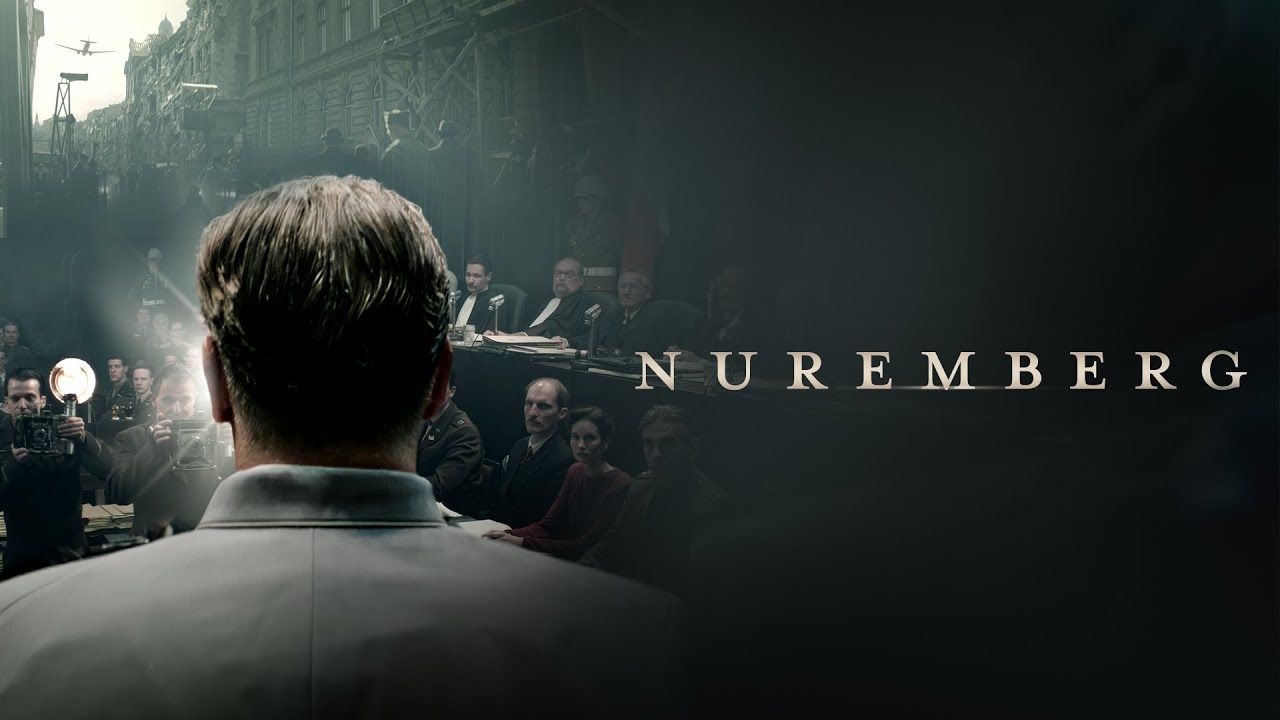Nuremberg, a film by James Vanderbilt, depicts the fraught period that led to the war crimes tribunal in the very city where the Nazis had previously organised their most extravagant parades. The crux of the story is the interaction between the American psychiatrist Lieutenant Douglas Kelley and Hermann Göring. Kelley’s task is to verify that the mentally ill prisoners, among whom is Göring, are capable of being tried and executed.
He, however, is secretly motivated by a stronger desire— to study the psyche of a person who has been involved in the gory act of genocide but still maintains a grand air about him. He rolls to his surrender in a luxury car and expects his luggage to be handled by porters.
Nuremberg jail presents the psychological duel, while the courtroom battle led by Justice Robert H. Jackson and Sir David Maxwell-Fyfe continues in parallel. Göring, who has lost power but never charisma, plays with Kelley, making every session a performance of wits and deflections. The raw liberation footage presented in court stabs through the polished dialogue like a dagger, serving as a mute reminder of the millions turned to ash while these men were mastering their legal implications. Vanderbilt presents the story with the lavishness of classical Hollywood—symphonic swells, neat uniforms, long-winded speeches. However, the question still lingers: can reason ever truly dissect evil?
The film subtly suggests that awareness is still very far off, leaving behind an echo of unease relevant to any epoch confronting power’s accountability and the sinister charm of its possession.

